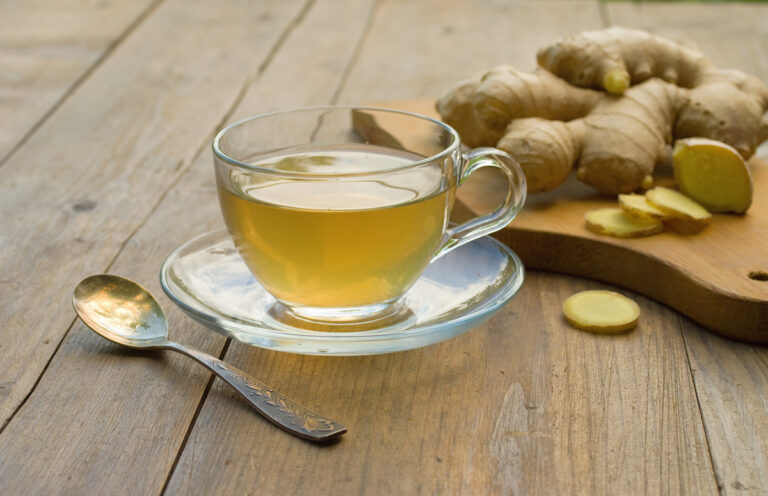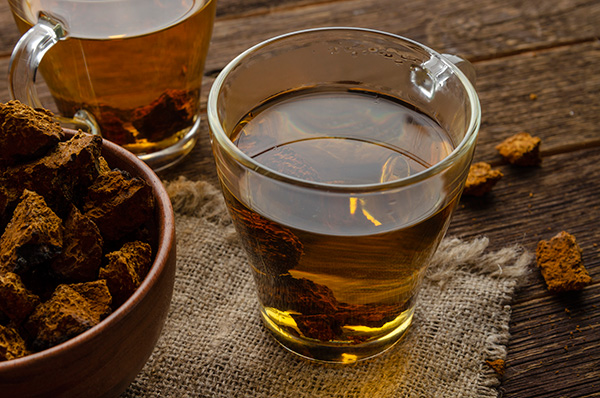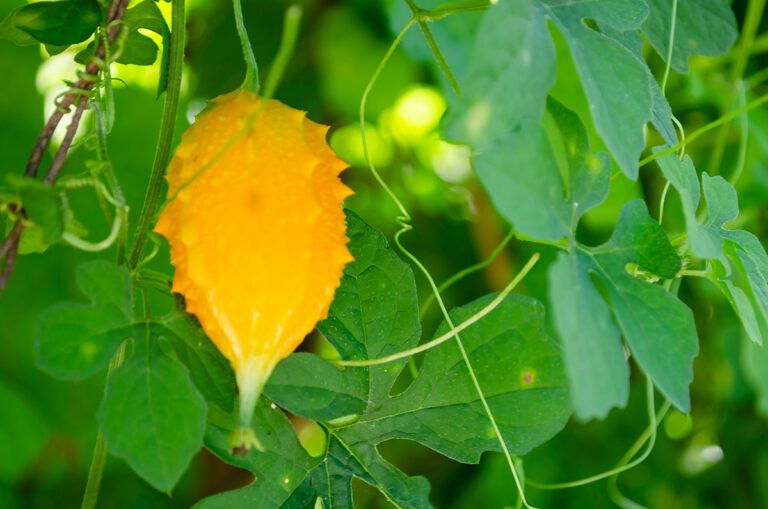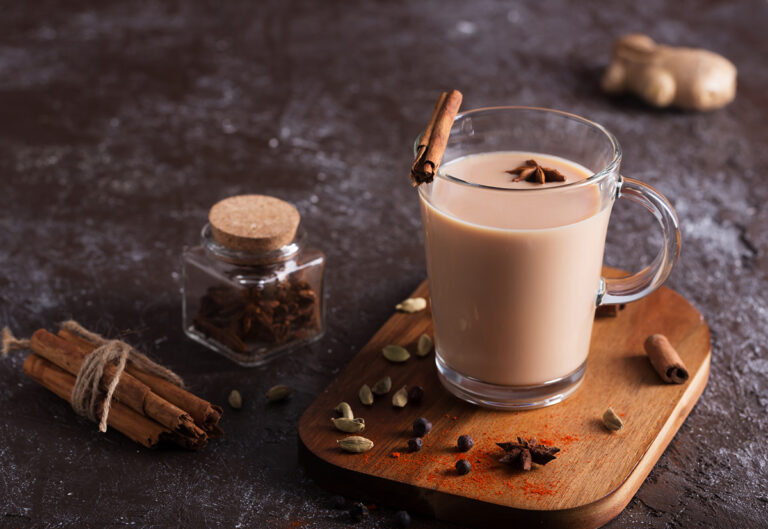What Does Soursop Tea Taste Like?
Soursop tea is a unique beverage that has gained popularity due to its potential health benefits and distinct taste. But what exactly does soursop tea taste like?
In this article, we will explore the flavor profile of soursop tea, answer some common questions about its taste, and discuss whether it should be consumed hot or cold.
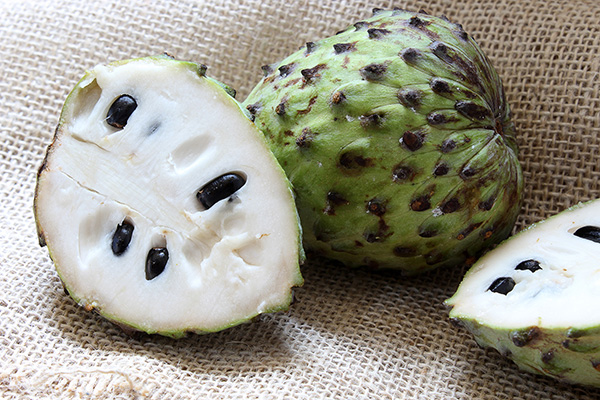
What Does Soursop Tea Taste Like?
Soursop tea is derived from the leaves of the soursop fruit, a tropical fruit native to the Americas and the Caribbean.
The flavor of soursop tea can be quite complex, as it has a combination of sweetness, tanginess, and slight bitterness. The taste is often described as a mix of citrus, pineapple, and strawberry, with a hint of creaminess. This unique blend of flavors makes soursop tea a refreshing and enjoyable beverage for many.
The texture of the tea is also notable, as it tends to be slightly thick and velvety. This is due to the presence of the fruit’s natural sugars, which lend richness to the tea’s body.
Is Soursop Tea Bitter?
While soursop tea does have a slight bitterness, it is not overpowering or unpleasant. The bitterness comes from compounds found in the leaves, which are believed to have antioxidant properties. The level of bitterness in soursop tea can vary depending on the preparation method and the specific type of leaves used. Some may find the bitterness to be mild and enjoyable, while others may find it slightly more pronounced. However, most people do not consider soursop tea to be excessively bitter.
To reduce the bitterness in soursop tea, you can try steeping the leaves for a shorter period of time or adding a natural sweetener, such as honey or agave syrup. This will help balance out the flavors and make the tea more palatable for those who are sensitive to bitter tastes.
Should I Drink Soursop Tea Hot or Cold?
Soursop tea can be enjoyed both hot and cold, depending on your personal preference. Drinking it hot allows the flavors to meld together, creating a more robust and full-bodied taste. Hot soursop tea is perfect for cooler days or when you want a comforting, warm beverage. To make hot soursop tea, simply steep the leaves in hot water for about 5-10 minutes, depending on your desired strength.
On the other hand, soursop tea can also be a refreshing and invigorating cold drink, especially during hot summer days. The fruity and tangy flavors of soursop tea really shine when served cold, making it a delightful alternative to traditional iced teas. To make cold soursop tea, steep the leaves in hot water for about 5-10 minutes, then let the tea cool to room temperature before refrigerating. Serve the tea over ice for a refreshing treat.
Final Thoughts
In conclusion, soursop tea provides a unique and flavorful experience unlike any other tea. Its distinct taste, featuring sweet, tangy, and slightly bitter notes, combined with a rich, velvety texture, creates a refreshing and comforting beverage.
Whether you choose to enjoy it hot or cold, soursop tea is an excellent option for those looking to explore new and exotic flavors.
FAQ
Does Soursop Taste Like Mango?
While soursop and mango are both tropical fruits, they have distinct flavor profiles. Soursop has a more complex taste, with a combination of sweet, tangy, and slightly bitter notes. Mango, on the other hand, is predominantly sweet with a hint of tartness. While there may be some similarities in taste, soursop, and mango are not identical in flavor.
Does Soursop Taste Like Banana?
Soursop is sometimes compared to bananas due to its creamy texture and mild sweetness. However, the flavor of soursop is more complex and fruity than that of a banana. Soursop has a unique combination of sweet, tangy, and slightly bitter notes that set it apart from the simple sweetness of bananas. Although there is a hint of creaminess in both fruits, their taste profiles are quite different.
Does Soursop Taste Like Lychee?
Soursop and lychee share some similarities in taste, as both are tropical fruits with a sweet and tangy flavor profile. However, soursop has a more complex taste, with additional hints of creaminess and a slight bitterness. Lychee, on the other hand, has a more delicate and floral sweetness. While both fruits have unique and enjoyable flavors, they are not identical in taste.


